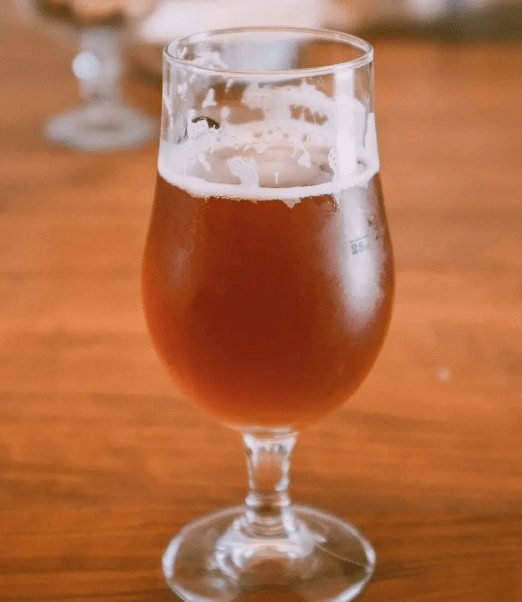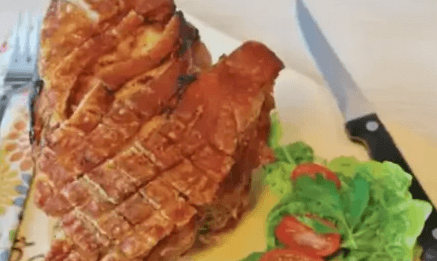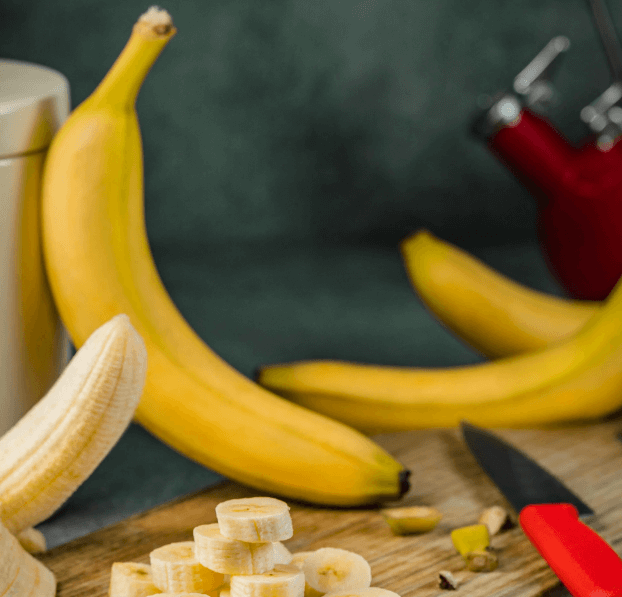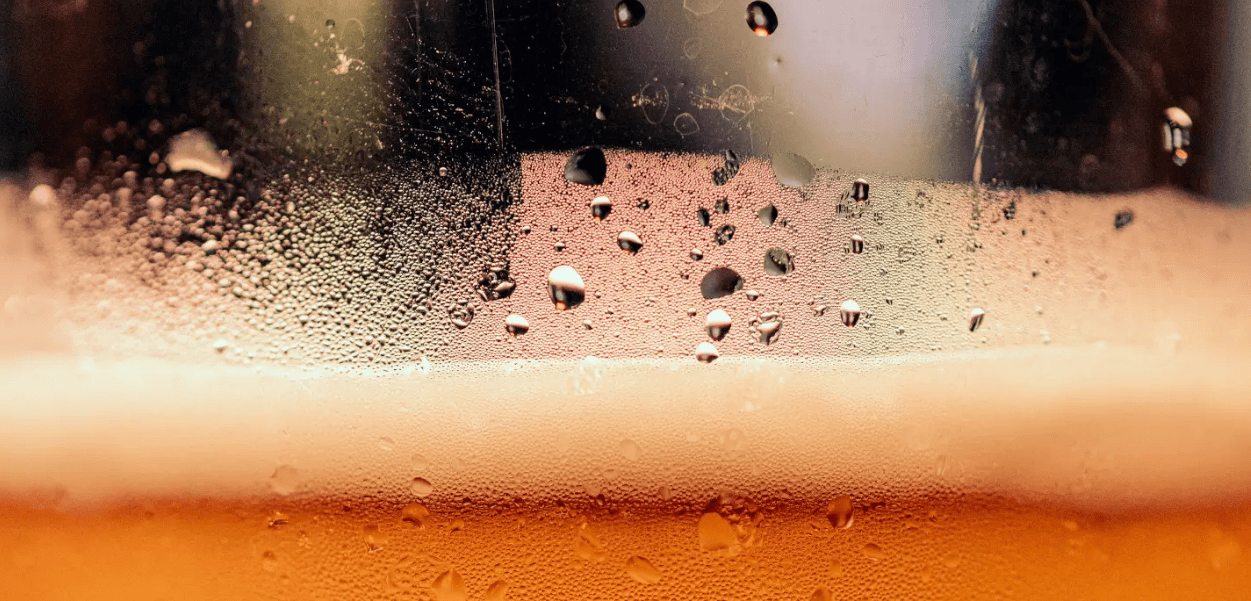
This is how I imagine barrel-ageing: the long sleep; a beer brewed and then enclosed within a wooden tomb on a par with a Pharaoh whose retinue is certain he will resurrect and rule once again; time floating by, lilies on a stream, with only the imagined scurries and scratchings of creatures we call lactobacillus, pediococcus and brettanomyces disturbing what seems an eternal sleep. Then there is a rude awakening, a tap against the wood, almost like a cry for help and then the emergence into sunlight. The beer is filled with a new sense of vigour, ready to start off on its own journey or happy to merge with another beer or be taken to another barrel whose wood is a stranger. A new chapter begins, a new dawn, an awakening of flavours.
History of Barrel-Aged Beer
During the great porter days of the 18th and 19th century beer was aged in barrels, sometimes for up to a year or more. It ripened and was ravished and then renewed by its time in barrels, which were the size of modest hotels in modest seaside towns. Then as the brand new century dawned and world wars churned their weary way, brewers forgot what they used to do. They lost the art of ageing beer, they dismissed from their minds memories of how they used to blend old and new; they forgot that beers could grow old and elegant, ready to be embraced and engaged by a younger generation of beers.
Until the last few years, that is.
As I write, I would bet that someone somewhere, on the verge of starting a new brewery, is thinking about the ‘barrel farm’ they intend to install. Barrel-ageing is the new black, the new look, de rigueur, and as essential as an IPA if you want to impress the ever critical mass of crafty beer fans. It's not just a gimmick; it's also about the fog of forgetfulness lifting and British brewers leading a rediscovery of their past and then taking off in a thoroughly new direction.
Barrel-Aged Beer Today
How on earth did we end up here? Some of the earliest wood-ageing experiments only occurred in the last decade with the likes of Fuller's and Thornbridge leading the way (though some might want to argue for Innis & Gunn's pivotal role). In 2007 Thornbridge put St Petersburg in three different whisky barrels, while Fuller's head brewer John Keeling had to fight with the Customs & Revenue before he would progress with his Brewers' Reserve series, which is now on its fifth expression. Perhaps these experiments and the associated social media noise inspired the new wave of brewers who emerged about the same time: BrewDog, Buxton, Magic Rock, Siren.
For Darron Anley, who founded Siren in 2013, ageing beer in wood opens up a new avenue for flavour and aroma. Whether it is the different type of wood used, the previous liquid tenant of the wood, or a mixture of those plus wild bugs, complete with varying time, they all add to the learning process. It is a great expression of our willingness to experiment, learn and refine.
Besides there are so many factors to take into account.
How Barrels Impact the Flavour of Beer
The wood itself can have a huge influence in the beer. Staves made of the base will add more vanilla notes, whereas those from the tops of the tree will add more tannin. If it is the previous liquid you are looking to get the flavour notes from, even that can make a big difference; one bourbon can provide very different flavour profiles to another. For instance we have recently blended our Barrel Aged Caribbean Chocolate Cake which was housed in Clermont Springs, Jim Beam and Makers Mark and the difference between the three was marked.
Is Barrel Ageing a Science or an Art?
If you think that there's a sense of science about wood-ageing in considering what yeasts and bacteria come out to play you would be right. However, there's also an artistry about it, especially when the previous contents of the barrels are taken into account. It is about balance.
Wood-ageing is also very much in tandem with the sour beer boom, even if many sours take the quick-fire route of kettle souring, which some brewers, especially in the USA, regard as cheating. For Burning Sky's Mark Tranter, kettle souring is ok, fun and interesting, catering for a certain market and creating new interest in sour beers. However, "it's not a market I am that interested in," he says, "you cannot achieve the depth of flavour with this approach alone." This is a similar approach to Wild Beer, whose co-founder Andrew Cooper once told me that their production of sour beers was about "trying to add layers of intrigue and complexity with time spent barrel aging; the beers are ready when they are ready."
Both Burning Sky and Wild Beer were founded with wood-ageing in mind and began with plenty of barrels (though Tranter also produces beers that are not aged). For him, it started with a quartet of 2500-litre oak barrels (or foudres) and 16 225-litre wooden barrels. Now, it has grown as I discover when I ask him what he is currently being ageing.
Two of the foudres are dedicated to Saison à la Provision, with one ageing on gooseberries and the other will likely be this year’s Cuvée,” he says. “The other two have Monolith, with one ageing on sour cherries. In the 750-litre vats we have an Imperial Stout (no wild yeasts) and an old English style Stock Ale. Then in the barrels we have different saisons, Lambic and a Flanders style red ale. They vary the amount of time they are in them — never less than three months while a couple of the beers are over two years old in barrel. There is also a solera system with some, which means that the first ever brew we did here, of Saison à la Provision, is still kept alive.
Tranter's ethos is obviously working as my recent tasting of Monolith demonstrated, showing a beer that had held its own after three months in a red wine barrel. In the glass it was as dark as the soul of a demagogue, though there was the potential of redemption with the crown of crema-coloured foam. There was toffee, treacle, smoke, cherry and a woodiness on the nose with a perceptible glaze of acidity and booziness joining in. The carbonation was soft, while there was prickly pepperiness and a dark, wine-like headiness. In the middle of all this there was also vanilla, chocolate, cherries, liquorice and a stroke of creaminess before it headed for a dry and bitter finish.
Wood Aged Beer: Beyond the Craft
There are those who might decry wood-ageing as craft's latest gimmick but I would also argue that we are beyond craft here. There is unpredictability, there is skill, there is dedication, there is a sense of being on the frontiers of brewing, there is a rock 'n' roll sensibility alongside a white-coated scientist's pointillism, and as Mark Tranter also says, "there is a touch of being in the hands of the beer gods, in that you cannot control the beer. You can only to be led by it and make judgement as to when it has reached its peak. The learning and the unknown make it attractive and scary at the same time and in equal portions."
FIVE TO TRY
Thornbridge / Love Among the Ruins / 7%
This sour red ale is like a prog rock concept album, it’s a statement in a glass, long lasting, slightly jarring and deeply complex. The beer is based around a Flanders Red, a dark beer that has been aged in oak barrels and packed with cherries to balance the tartness.
Harviestoun / Ola Dubh 16 / 8%
Thick, dark and viscous, Ola Dubh translates as 'black oil'. This nineteenth century-inspired dark ale is the result of a collaboration between Harviestoun and Highland Park Distillery. Aged in barrels, this magnificently rich and complex beer is rather special.
HaandBryggeriet / Akevitt Porter / 8.2%
Aged in Akevitt barrels, Norway’s Haandbryggeriet Akevitt Porter has a very welcoming character with roasty notes of smoke and coffee alongside herbs, star anise, subtle alcohol and sweet malts. A smooth mouthfeel and medium body are lovely in this warming, pitch-black beer.
8 Wired / Le Fût / 6.7%
New Zealand brewery 8 Wired already make some of our favourite ever beers (hello Tall Poppy), so when we saw they had made a Flanders style red, a sour ale that has been aged in French oak barrels for two years blended for a balance of acidity and fruitiness. Stunning.
Wild Beer Co / Modus Operandi / 7%
The brewery was set up by Brett Ellis and Andrew Cooper, initially, to brew a dark beer that was both barrel-aged and used wild yeasts. The resulting beer was the style-defying Modus Operandi – quite a statement for the first beer. This incredibly complex beer offers a range of berries and cherries.





